
Opinion Pumped Storage Hydro in the Highlands - Is Anywhere Still Off Limits?
Are the enormous Earba and Fearna hydro projects merely the thin end of an ever bigger wedge? In a planning free-for-all for energy in Scotland, where will we draw the line? It's not yet too late to shed light on the murky world of Highland meg...



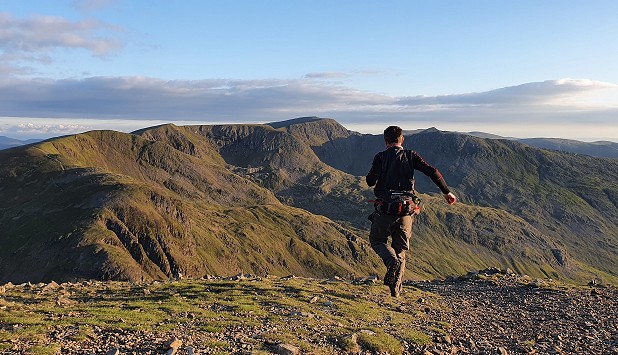
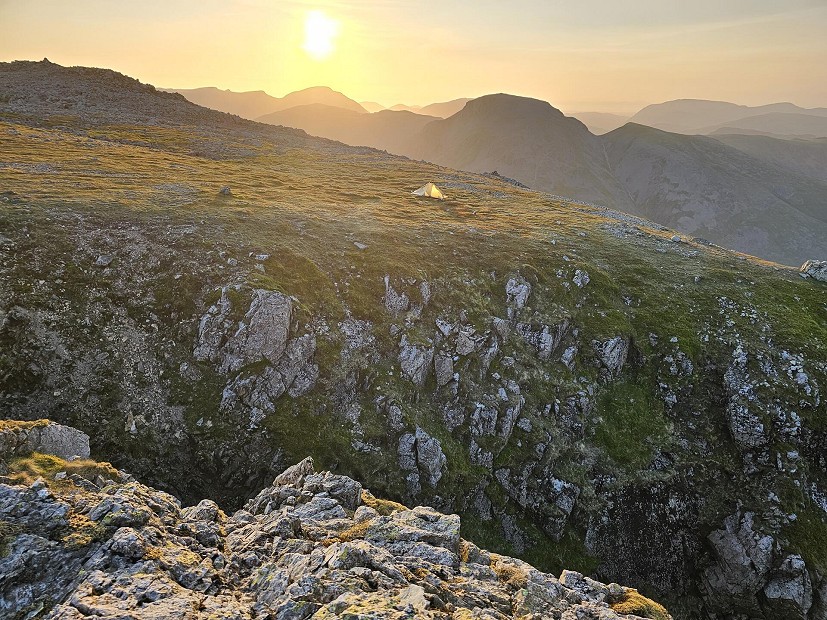
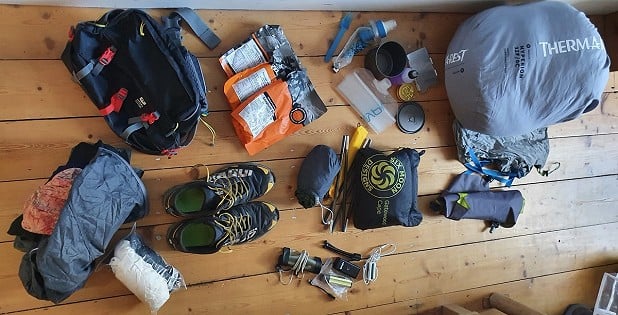
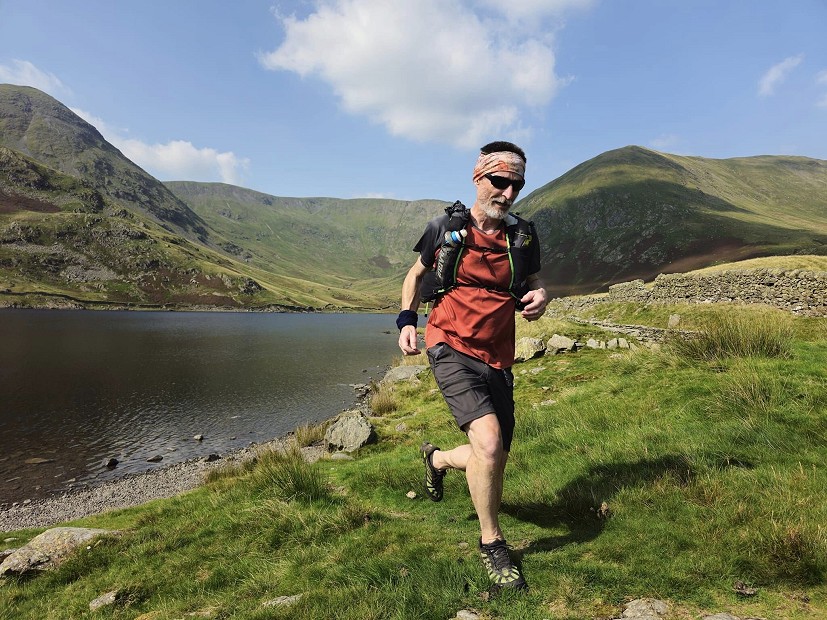

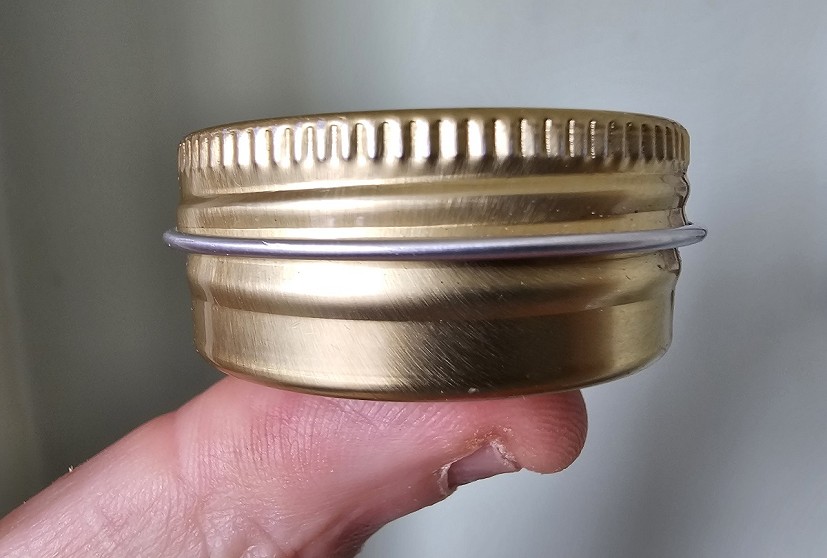
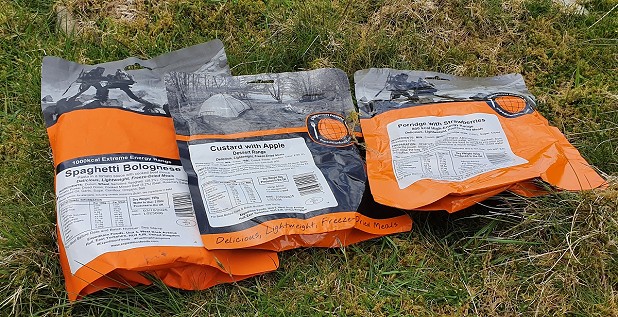
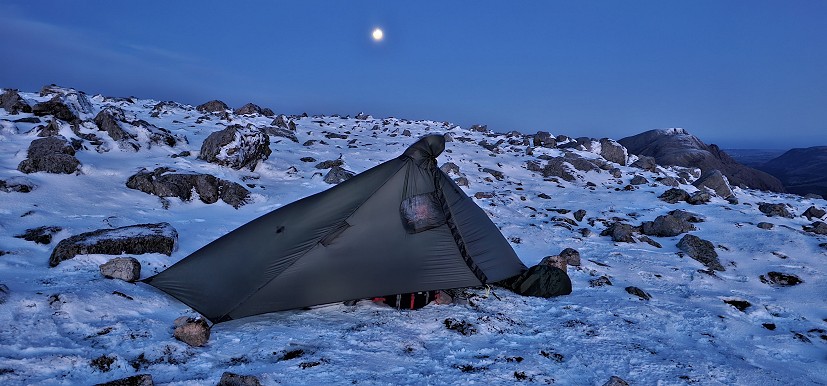
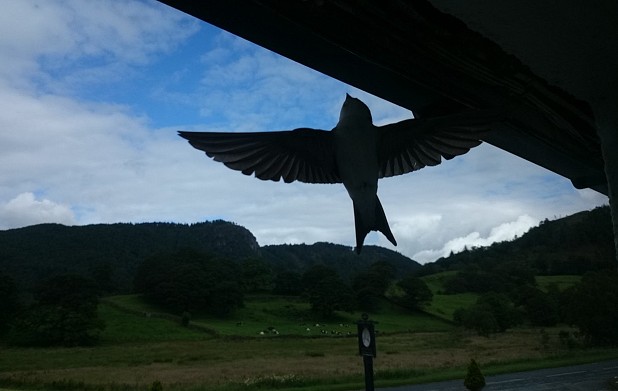


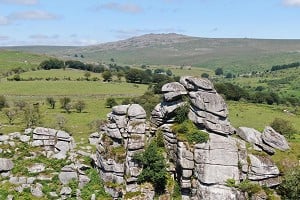
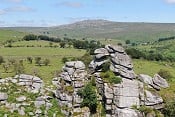
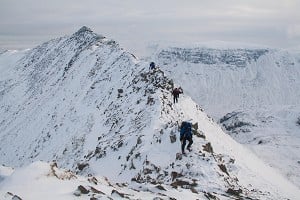

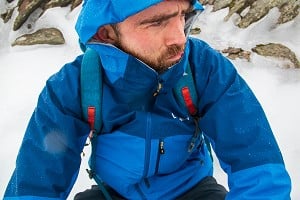
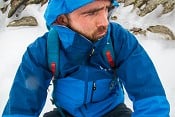
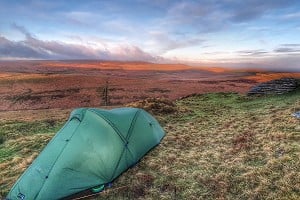
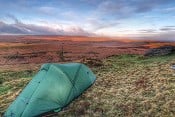
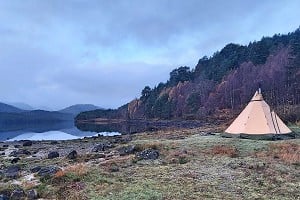

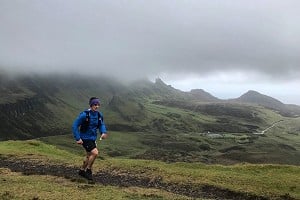
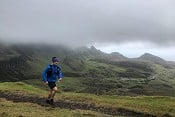


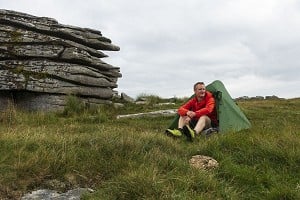

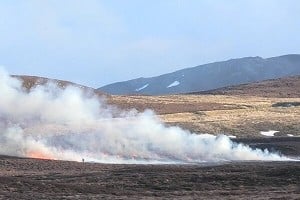
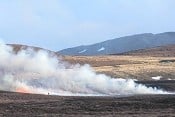
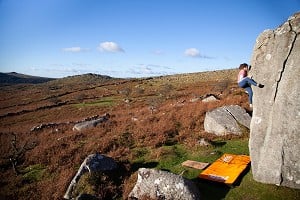
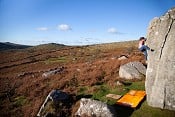


Comments
I once knew a Canadian climber who said some people actually went as far as drilling holes in their toothbrushes to reduce pack weight. He wasn't joking
Now apply the above philosophy to winter climbing. For if a winter sac doesn't kill you on the walk-in, that missing bit of gear you left behind just might. Seriously though, the real challenge with winter mountaineering is how to get weight down to a minimum without sacrificing safety, a difficult equation. True we have ultralight ropes, boots and crampons, but there is still a long way to go. I imagine there must be a pair of ultralight axes now on the market. The dilemma whether to carry that extra pair of gloves, a dry thermal to change from the sweaty one. I once carried a full weight 60mt rope up to Stob Coire an Lochan...and died. Lesson duly learnt. So I fight this constant battle to reduce weight. The other option is obviously to get fitter, or get a lot richer to be able to afford all this ultralight gear!
Usually ones death precludes the learning of lessons...
The canny option is to engineer things so as to have your partner carry the heavy stuff.
Very good! I had to google escritoire, so have learnt a new word as well. I must report I found on Amazon a reasonably priced (less than a tenner) titanium poo trowel that also is designed to be a tent peg, a reassuringly large one at that.
For some reason I only seem to have taken photos of the gear laid out before bikepacking. A photo of your gear laid out seems to be a central part of bikepacking culture, not just ultralight backpacking. I even included one in a UKC review - https://www.ukclimbing.com/gear/camping/sleeping_bags/therm-a-rest_hyperion_32f0c_sleeping_bag+neoair_uberlite_mat-12246 which coincidentally looks like the same bag that Norman has in his pic!
Going light I think is as much about matching route choice to the conditions, weather, time of year. Thinking Scottish winter, go light every time, but if it's January, not the best weather etc. drop a grade or two on a crag you're familiar with. March, sunny, high pressure then push it. It's balancing risk, likelihood etc..
You don't go light pushing up a grade, on crag you've never been to before and so on, don't change too many variables.